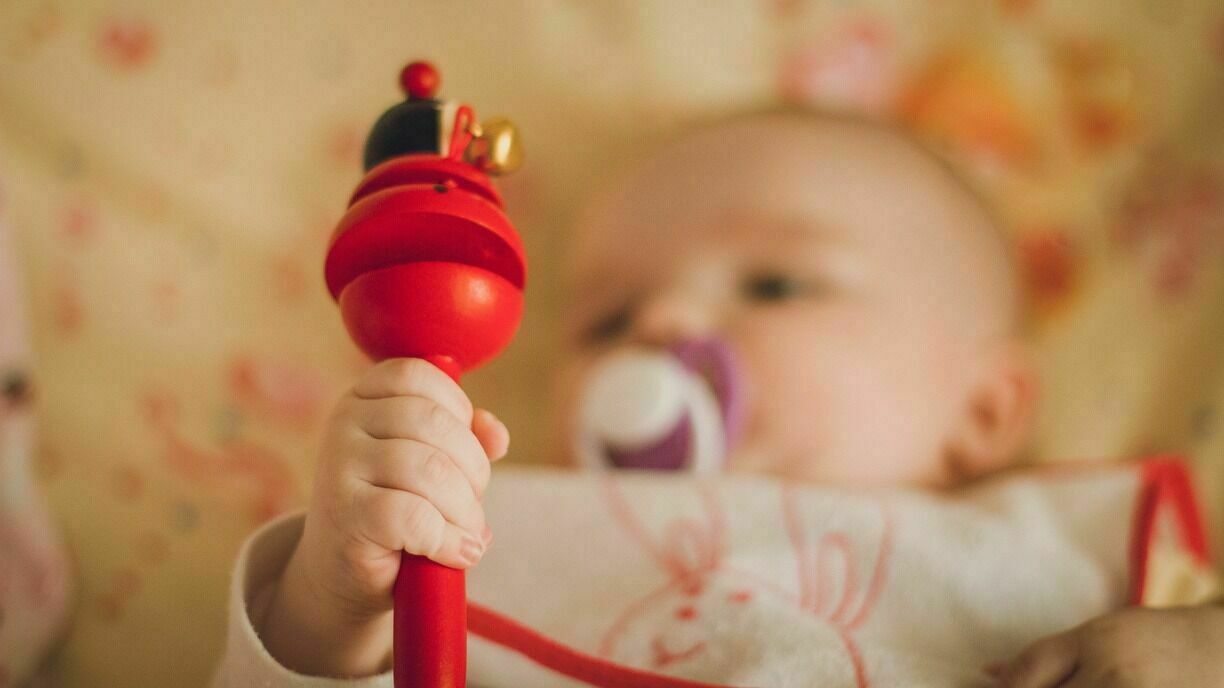
Parents in Russia have started saving on infant nutrition
According to NielsenIQ experts, in 2022, sales of baby food and hygiene products for babies decreased in physical terms by 7.8% compared to 2021.
Most of all, parents began to save on vegetable and fruit complementary foods for infants of the first year of life: the consumption of viscous baby food (fruit and vegetable puree) fell by 20.2% over the year.
According to RBC, the reduction in consumption affected all children's consumer goods, including dry mixes (minus 13.3%) and breast milk substitutes (minus 5.4%). Parents also reduced purchases of dairy food for children by 8.6%, and ready-made children's drinks by 10.3%.
The consumption of diapers fell by 8.3%, talcum powder — by 9.6%, baby cream — by 12.1%, but the monetary costs of them increased.
The "diapers" rose the most - by 17.7%. They are followed by breast milk substitutes, which have increased in price by 12.1%, as well as baby milk food and drinks for children, the cost of which has increased by 10.9% and 9.8% respectively over the year, Kommersant notes. The total increase in the price of goods for children amounted to 10.5% over the year.
Manufacturers note that in the past year, some parents began to refuse to buy specialized children's products, transferring babies to an "adult" diet.
During 2022, there was a general collapse of consumer demand in the country, the researchers note. It fell below the figures of 2014.